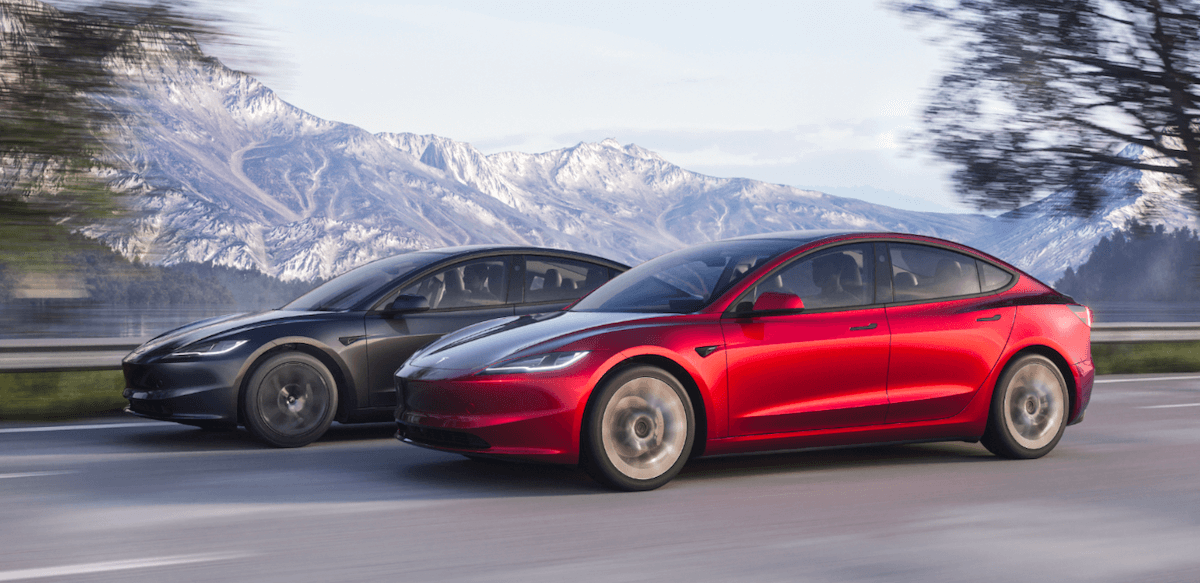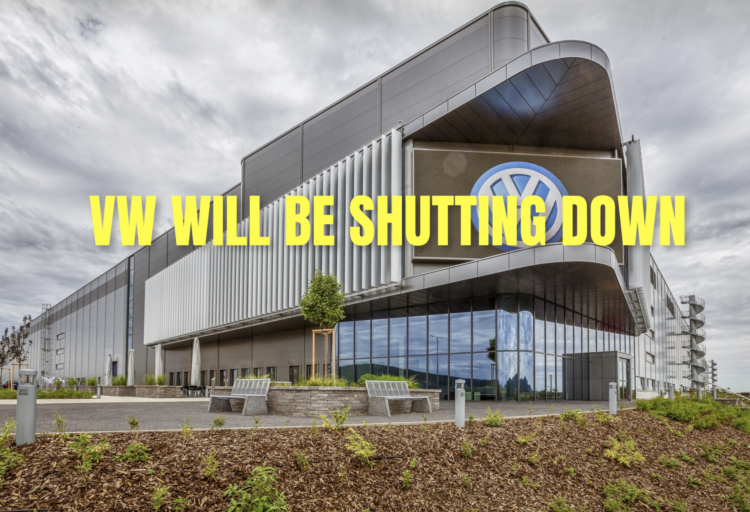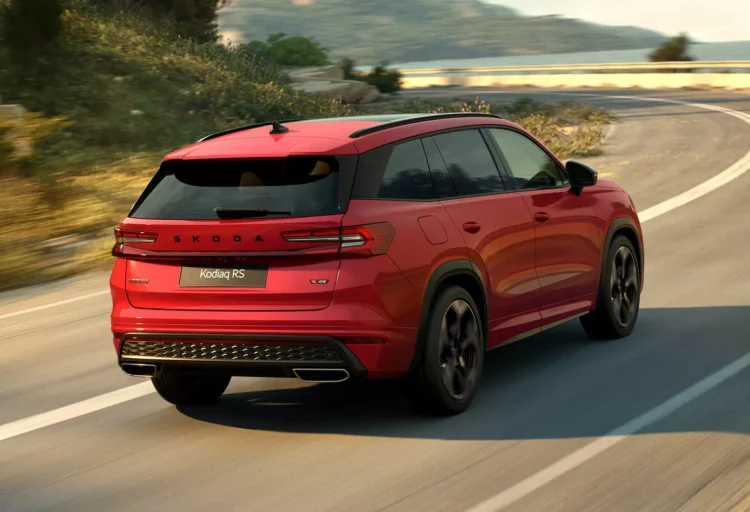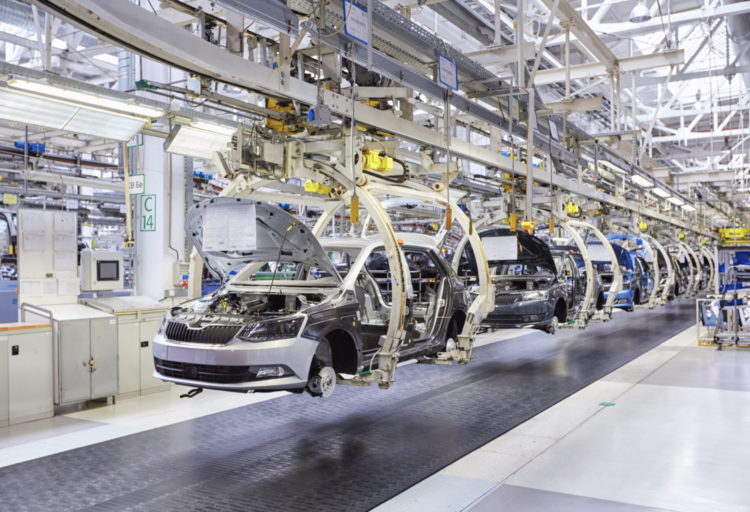Electric vehicles (EVs) are often promoted as the future of the automotive industry, with manufacturers laying out ambitious plans for electrifying their fleets. However, the natural interest in EVs hasn’t increased as expected. Why is there this slowdown?
One of the key reasons is the cost. Electric cars are still more expensive than traditional vehicles with internal combustion engines. For many people, it’s hard to justify paying more for an EV, especially when you consider what you’re getting in return. Shorter range, longer “refueling” times, battery degradation, and concerns over depreciation all factor into the hesitation.
Another reason is user convenience. While most of our daily trips are relatively short, we often choose cars based on how well they handle occasional needs—like long road trips for vacations. Electric cars still have a more limited range compared to fuel-powered cars, and even though charging times are improving, many drivers don’t want to plan their journeys around charging stations. Surveys even show that some EV owners switch back to gasoline or diesel cars after just one bad experience with range limitations.
Infrastructure is another hurdle. Charging stations are increasing in number, but their availability and reliability aren’t consistent everywhere. People worry that in less developed areas, they won’t find anywhere to charge their vehicle. And we’re not even talking about the remote Balkans—just look at rural Europe. This “range anxiety” remains a powerful emotional factor influencing consumer decisions.
Automakers are beginning to recognize this problem, with some adjusting their strategies accordingly. (Insert link to an article about extending vehicle life cycles.)
In the end, customers expect cars to meet their needs, not the other way around. Until electric vehicles offer comparable comfort, versatility, and affordability to traditional cars, their adoption will remain slow. The electric revolution won’t happen overnight, and as long as EVs fail to offer more, they will remain a tough choice for many.





Leave a Reply